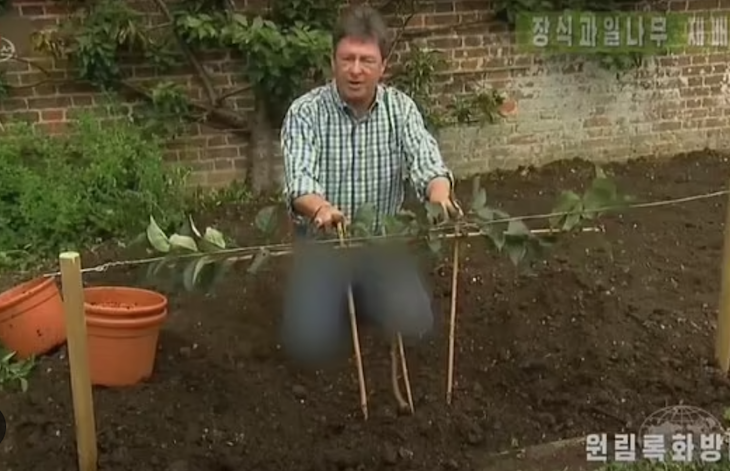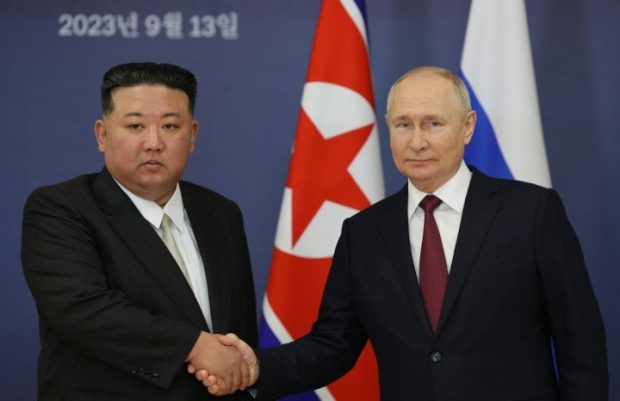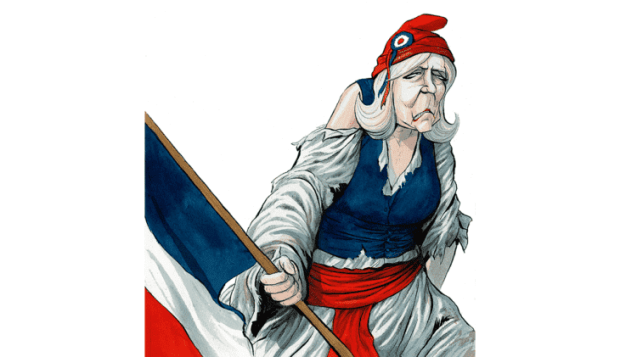Alan Titchmarsh presumably did not expect to see his programme Garden Secrets, filmed in 2010, air on North Korean state television this week. He would perhaps have been even more surprised to see the network blur out his blue jeans for viewers.
In the mid-to-late 1990s, under the rule of Kim Jong Il the anti-jeans rhetoric heightened
Why did the higher ups in North Korea decide that the public needed protecting from Titchmarsh’s denim? The reason has nothing to do with diplomatic relations between the hermit and United Kingdom.
Already a subscriber? Log in
Subscribe for just $2 a week
Try a month of The Spectator Australia absolutely free and without commitment. Not only that but – if you choose to continue – you’ll pay just $2 a week for your first year.
- Unlimited access to spectator.com.au and app
- The weekly edition on the Spectator Australia app
- Spectator podcasts and newsletters
- Full access to spectator.co.uk
Or




















Comments
Don't miss out
Join the conversation with other Spectator Australia readers. Subscribe to leave a comment.
SUBSCRIBEAlready a subscriber? Log in